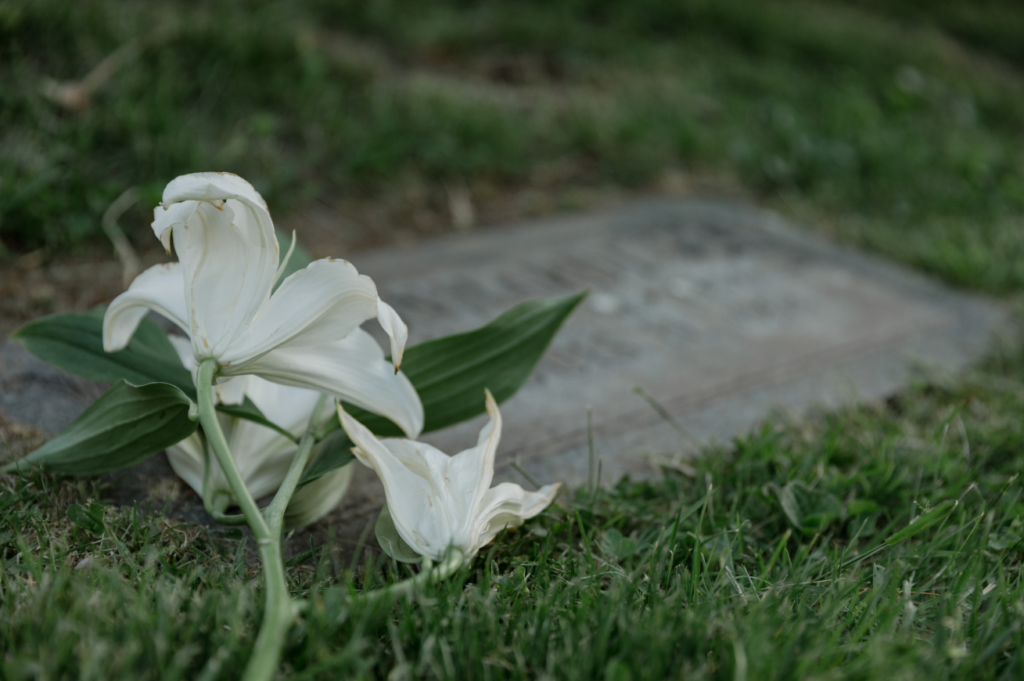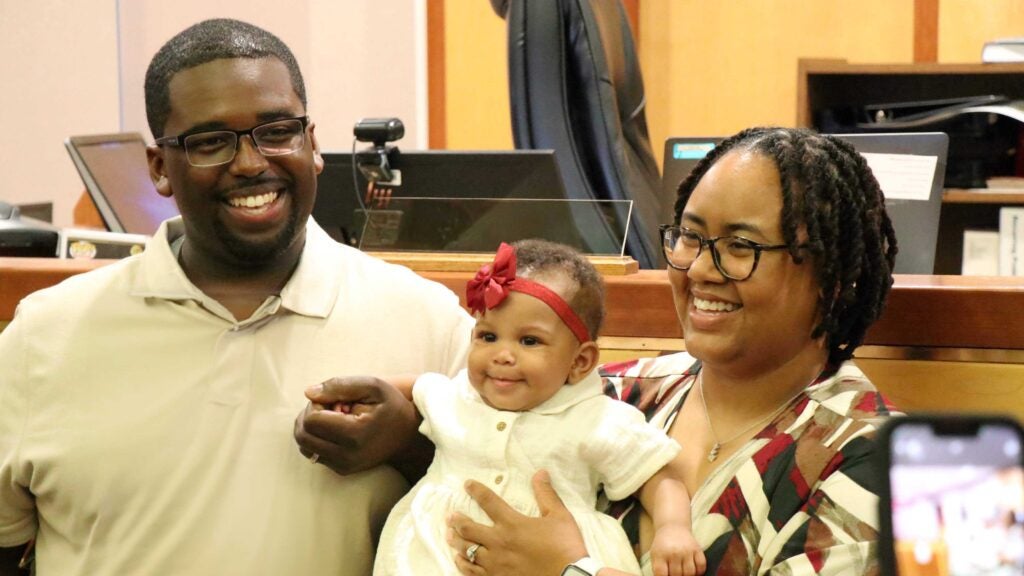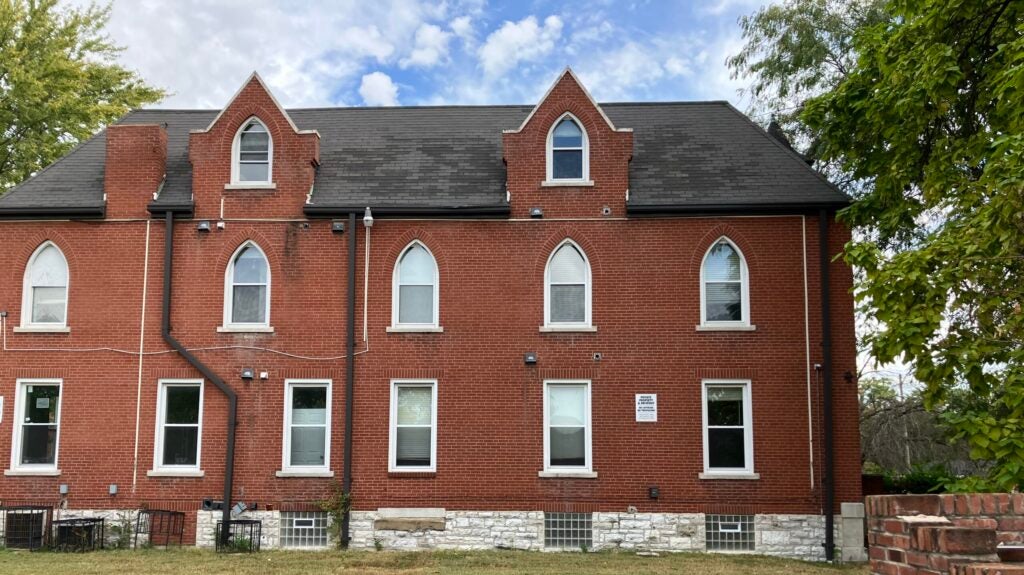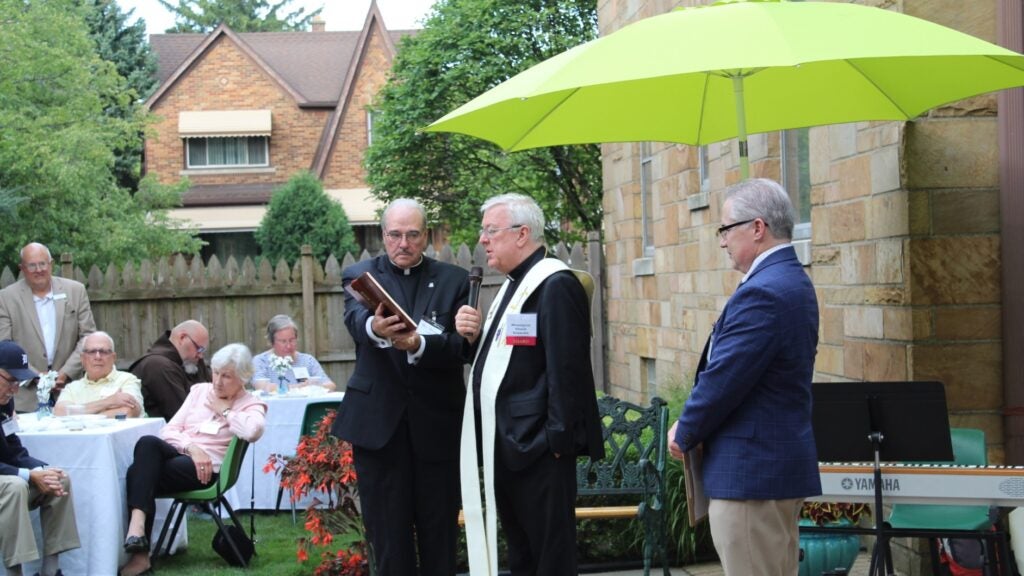
With counseling, teen migrant learns to manage trauma and loss
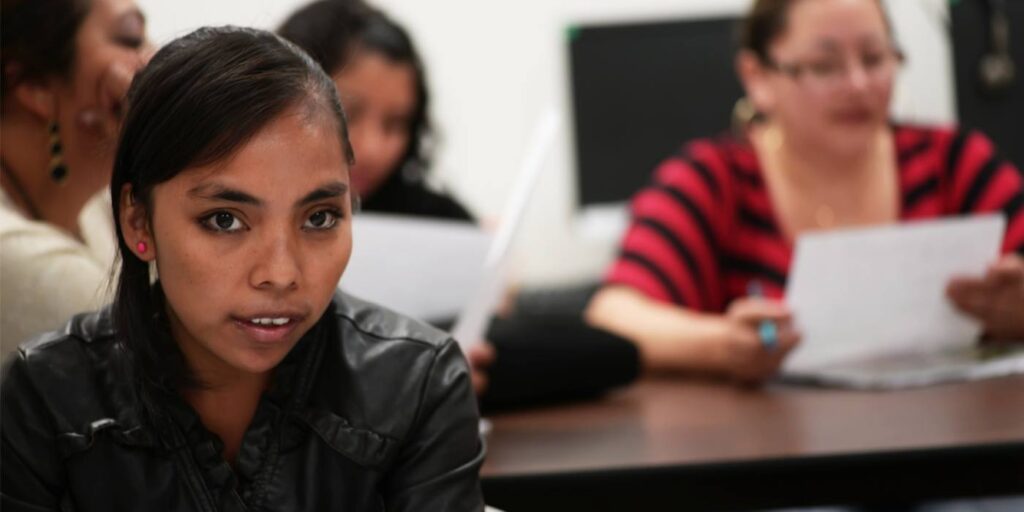
Victoriana was 5 years old when she saw her father gunned down in front of their home in Honduras. The blood-tinged image has haunted her for 10 years. But now she is talking about this traumatic event thanks to new bilingual mental health counseling sessions provided by Catholic Charities Southwestern Ohio at Dater High School in Cincinnati.
The agency offers free counseling sessions once a week to Victoriana and six of her classmates, all minors from Central America who crossed the U.S.-Mexico border in the last few years unaccompanied by an adult. The agency also receives referrals from another high school serving unaccompanied minors. The counseling helps these students strengthen their mental health, even as they wait for their legal fate to be decided.
Many of the students Catholic Charities counselor Patrick Reynolds-Berry sees at Dater have mental health issues such as anxiety, depression, adjustment disorders, or Post-Traumatic Stress Disorder. Some suffered violence first hand. Every experience is different and every one of the teens faces different challenges.
In Victoriana’s case, she’s terrified of being sent back to Honduras where she was subjected to death threats, and she’s getting reacquainted with a mother she hasn’t seen since her mother fled their home country after her father’s death.
“She’s had a lot of trauma and no one to talk to about it until now. The fact that she is opening up and doing so well shows how resilient she is,” Patrick says. “She’s like so many of the kids I see who improve through education and therapy. It blows me away how strong these students are. Still, kids like Victoriana worry about being deported.”
About 40 students from Central America have enrolled in Dater High School in recent months. Adolescence is challenging for most teens, but these students come to school with extra burdens. Many traveled for weeks to arrive at the U.S. border, only to be detained even longer before traveling to reunite with family in Cincinnati. Most traveled alone unable to speak English.
More than 63,000 unaccompanied children from Central America crossed the southern border of Texas between October 2013 and August of 2014. More than 200 of them are living in the most populated county of the Archdiocese of Cincinnati.
In addition to learning English skills, these students must overcome cultural barriers. Little things, like eating lunch, are different. In Central America, students leave school to have their lunch of tortillas and beans with family. Adjusting to an uninterrupted school day and an American-style meal is difficult. Also, the students may encounter a different family structure. While many students have been reunited with their families here, others have left behind mothers, fathers, grandparents, brothers, and sisters. These are just a few of the new stressors facing teens like Victoriana.





